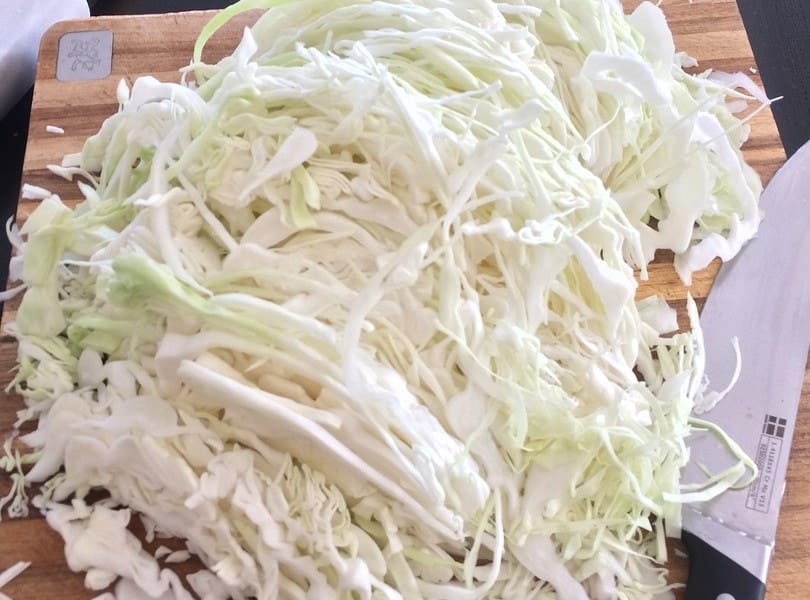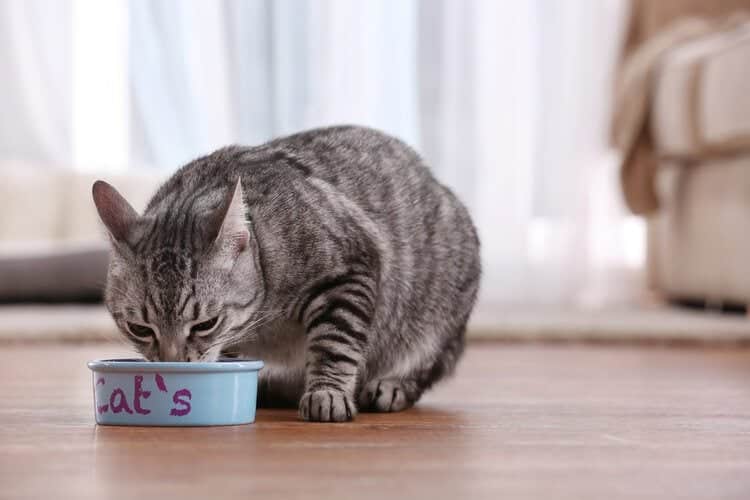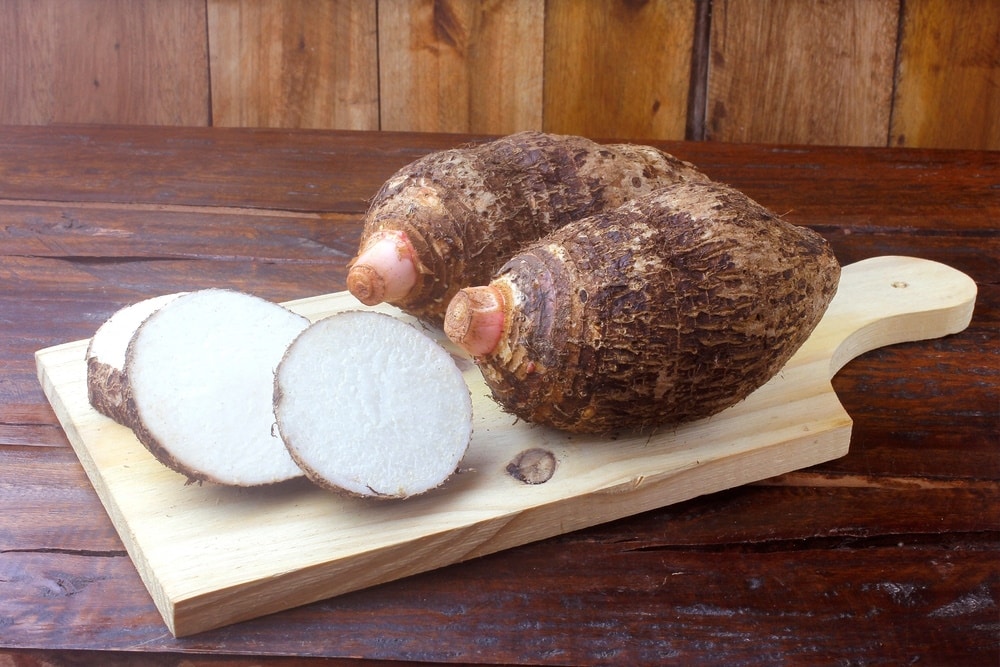Sauerkraut is a food that generates strong opinions. Most people fall into one of two categories with sauerkraut: They either hate it or love it. Very few people fall in the middle. It’s a food with a strong, distinct taste that can be a bit overwhelming for some people.
If you have a cat, you’re probably used to having your meals supervised by your furry friend. You may have noticed that they seem interested in the sauerkraut on your plate, whether they’re giving it a good sniff or showing a sincere interest in attempting to steal a bite. But you should know if sauerkraut is safe and healthy for your cat to eat before letting them have a taste. The short answer is yes, cats can eat sauerkraut, but it should not be a regular part of their diet.
Can Cats Eat Sauerkraut?
Yes, cats can eat sauerkraut, though it is not necessary for a healthy diet. Cats don’t require vegetables in their diet, and sauerkraut is fermented cabbage. So, it isn’t an essential part of their daily dose of nutrients.
The bigger question than if your cat can eat sauerkraut is if your cat will eat sauerkraut. Since fermented foods are such an acquired taste, many cats may be resistant to eating sauerkraut. Some people have found success by regularly offering small amounts of sauerkraut and other fermented foods. They introduce it slowly and increase how much they offer until their cat decides they like the snack. However, if your cat is resistant to eating sauerkraut, attempting to force it on them isn’t necessary for their health.

Is Sauerkraut Healthy for Cats?
While sauerkraut isn’t necessary for cats, it does contain some health benefits for cats. The top benefit we see in sauerkraut is that it contains probiotics. These are present in all fermented foods and have shown success in supporting digestive health. When cats eat sauerkraut, they may develop improved digestive health over time. A healthy gut biome is linked to improved immunity and overall health.
Aside from probiotics, sauerkraut is packed full of nutrients. It’s a good source of potassium, copper, iron, folate, manganese, vitamin C, and vitamin K.
Make sure to only offer your cat plain sauerkraut, which is traditionally not preserved in vinegar. This will ensure the maximum probiotic benefit is in the sauerkraut for your cat. Sauerkraut that is not preserved in vinegar is usually not shelf stable, especially after opening, so it should be monitored closely for rotting, which can be indicated by a yeasty smell or a change in color or texture.

How Much Sauerkraut Should I Feed to My Cat?
Sauerkraut is a low-calorie food, so you are not likely to accidentally over-feed it to your cat. This makes it a nice option if you are looking for low-calorie treats for your cat. Most cat treats are easy to over-feed due to their caloric density. Sauerkraut does contain sodium, so this should be a consideration when feeding it to your cat. If you are offering sauerkraut for gut health support, start with a small amount, and work up to serving a little more every day. Most cats get the maximum benefits of sauerkraut from 2 teaspoons or less per day.
Over-feeding sauerkraut may lead to your cat getting too much sodium in their daily diet. Overconsumption of sodium is likely to lead to an increase in thirst and urination and may lead to problems with the cardiovascular system. In excessively high doses, sodium can lead to toxicity. Sodium toxicity in cats can cause lethargy, diarrhea, vomiting, excessive thirst and urination, and inappetence. It can even lead to seizures, tremors, coma, and death, so your cat should never be given unlimited access to sauerkraut.
In Conclusion
Sauerkraut can be a beneficial addition to the diet of some cats. It can support digestive health, which can, in turn, support overall health and immunity. This is due to the natural probiotics present in sauerkraut.
This food is not an essential part of a healthy diet for your cat, though. Your cat’s nutritional needs should be met through their food. If you feel like your cat needs digestive support, a vet visit might be in order. Your vet will be able to rule out infections and parasites that may be causing digestive difficulties. Simply adding sauerkraut to your cat’s daily diet is not a cure-all for digestive and health issues.
- See Also: Can Cats Eat Prunes?
Featured Image Credit: Pavlofox, Pixabay













